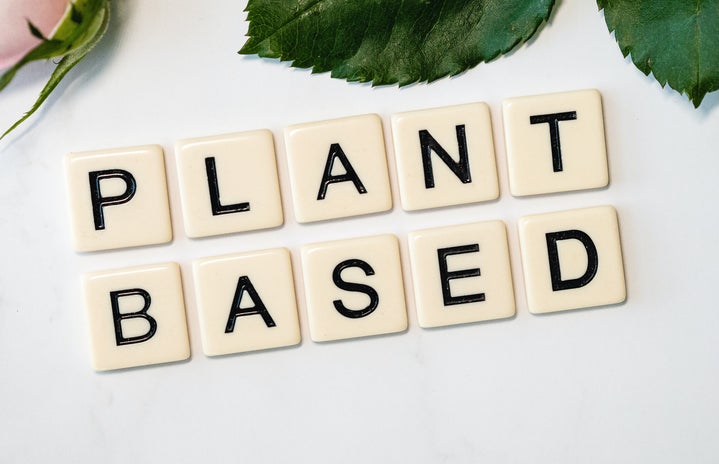By definition, veganism is a movement focused on animal rights. However, according to a survey made by the British journal The Guardian, 38% of new vegans say that the concern with environmental causes was a decisive factor in adopting the rising lifestyle.
When people start to care about the environment, it makes absolute sense to rethink their relationship with food. Moreover, to consider the way our society sees food in every stage of production.
Livestock and raising animals
For starters, livestock is one of the biggest accountable businesses for deforestation. It’s done so that the soil can be uniform and clean in order for the cattle to be raised on. As if burning forests wasn’t enough, this practice contributes to the emission of polluting gases, which affects our atmosphere and elevates the greenhouse effect.
Furthermore, deforestation becomes even more of an issue when we consider that all of these captivity animals need to eat: the base for a cattle’s diet is soy, which is processed until it becomes a nutritional animal food. And what’s worse, farmers all around the globe also tend to deforest and burn soils to accelerate it’s process of production.

The water issue
It is no news that the entire world is facing a water crisis. Even with 2.5% of the world’s water being fresh water, almost all of it is in form of ice or under the ground: only an overall tiny fraction of that is available for humans and animals to consume.The Water Footprint Network‘s report “The Water Footprint of Humanity” shows that currently almost 70% of the world’s available and in-use water is destined to growing food, 25% is used in industries and only the remaining 5% is destined to household use.
According to the International Water Management Institute (IWMI), a day in a plant-based diet tends to consume a thousand liters of water – although that seems an awfully large number, it is much less expressive than the five-thousand liters of water that are aggregated in an omnivorous, typical American diet. Professor John Antony Allan, a renowned water scientist, considers plant-based diets as “the magic demand management thing that could be done for global water security, cutting our water footprint roughly in half.”
Also the runoff from the fertilizers used to grow feed, with a huge amount of nitrogen and phosphorus, ends up in streams and in the water we consume day by day in household. Not very healthy.

Veganism itself is the solution for environmental issues
Veganism is, above anything, a lifestyle. It is not restricted to a non-cruelty policy in food or clothing, but considers everything we consume, and the way we do it. Most vegan products are thought to be recycled or reused and to reduce the human waste in every sphere of our routine.
It is valid to say that you don’t have to go 100% vegan to embrace environmental causes or to worry about the world’s sustainability. You can start by changing little habits in your routine, such as reducing the meat in your diet, consider sustainable fashion items or even aware family members and friends around you.
Even a tiny step could help, don’t pressure yourself and do the best you can!
————————————————————————
The article above was edited by Gabriela Girardi
Liked this type of content? Check ou Her Campus Cásper Líbero home page for more!



